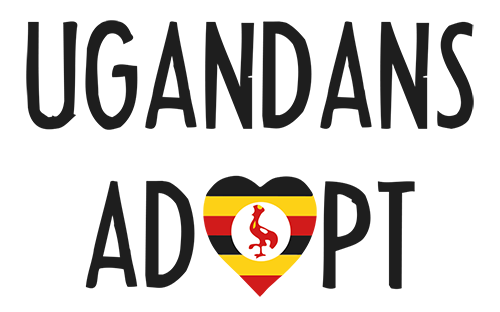Our social work department is at the very heart of our mission. To avoid long-term psychological damage, our social workers aim to resettle children safely back into their families or with foster or adoptive parents within six months of entering our care. We interviewed Emmanuel and asked him why he believes the work he’s doing is so importan
How long have you worked with Ugandans Adopt?
It has been two years this September.
Ugandans Adopt is unique in its approach. Tell us more about how important this is to you.
What we are doing is staggering; we are changing thoughts about orphanages in Uganda. We’re making families, instead of orphans. Every child has relatives out there and part of my role as a social worker has been to find them. We’re often successful and are able to reunite abandoned children with their extended families. If we can’t trace their family, we have found them new families through fostering and adoption.
On the growing issue of child abandonment in Uganda, in your experience, how do you think this can be reduced or prevented?

I believe child abandonment can be prevented at two levels: micro and macro. At a macro level, the government needs to help to ensure that children are in school and receiving an education to help prevent teenage pregnancies and subsequent abandonment. I also believe in strengthening community support systems as communities should be involved in finding solutions for problems they are facing.
At a micro level, child protection agencies need to develop programmes to support mothers experiencing difficulties caring for their babies. To prevent abandonment, our team provide practical support to vulnerable families to enable them to keep their children. I worked with a young mother of twins who was feeding the twins on cassava flour porridge and, as a result, they were severely malnourished. The mother was unable to provide for her children and relying on her friends parents to give her a place to stay. We took the children to hospital and, after they were discharged, they came to our emergency care centre for three weeks. They were looked after by their mother with support from the carers and the nurses at Malaika Babies’ Home. When they were healthy enough to go home, we continued to support their mother with formula milk and worked with their father to help him support his family.
How important is social work to the lives of orphans and vulnerable children?
Incredibly important – social workers are responsible for tracing for children’s families and ensuring abandoned children are able to grow up in a loving family, instead of an institution.
We follow a case management system which allows us to monitor a child’s growth and behaviour as well as completing risk and need assessments and care plans. We’re also responsible for assessing prospective foster and adoptive parent, presenting cases to the alternative care panel and reporting to probation officers. Everything we do is to make sure children have the chance to grow up with their family.
We also work with families by helping them create sustainable income and identify other available help and resources, so they can provide the best care for their children. We also provide counselling and ongoing support for families after we have resettled the child in their care. The role of a social worker cannot be overstated when it comes to he lives of vulnerable children.
What motivates you?
Very many things, but what stands out for me is seeing a child thrive in a happy home once we’ve been able to reunite them with their family.

